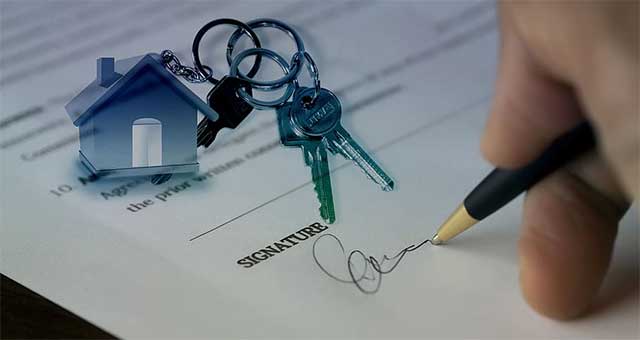
6 Ways to Increase your Home Buying Budget on $140K a year
As you start to search for homes in your desired area, you may discover that you’d like to buy a home higher than your limit before you started your house hunting to live better and not deal with upgrading your home. There are a number of choices to think about and go over with your lender.
1. Bring In a Higher Down Payment
If you have the available funds for a 10 to 20 percent down payment it will raise your maximum home price, which may be sufficient to purchase the home you really want versus settling and regretting the decision later on.
You may not be aware but you can ask relatives for gift money to boost your down payment.
| Annual Income | Desired Monthly Payment | Down Payment | How Much House You Can Afford |
| $140,000 | $3,000 | $30,000 (3%) | $546,501 |
| $140,000 | $3,500 | $35,000 (5%) | $660,466 |
| $140,000 | $3,750 | $80,000 (10%) | $758,400 |
2. Pay down some of your existing debt
The minimum payment on your accounts determines your debt-to-income ratio. By paying down your credit card debt or eliminating a car payment, you can qualify for more home. See an example with $120k / year income.
| Annual Income | Monthly Debts | Desired Mortgage Payment | How Much House You Can Afford |
| $120,000 | $0 | $3,000 | $638,739 |
| $120,000 | $1,000 | $2,750 | $574,010 |
| $120,000 | $1,500 | $2,750 | $466,046 |
Lenders use your debt-to-income ratio to find out how much home you can afford. The minimum payment on your accounts listed on your credit report establishes your personal debt obligations.
If you pay your credit card debt down or get rid of your car payment, you should be able to qualify for a higher priced home.As illustrated in the diagram, decreasing your monthly debts by $500 may boost your maximum purchase price to $574,000. from $466,000
3. Consider a 3%-down payment traditional loan
It’s possible to get a 3% down payment conventional loan on a maximum contract price of $789,000 in Orange County.
Due to lenders recently tightening their guidelines or overlays, qualifying for a 3%-down conventional loan may require a minimum credit score of 660 as opposed to the standard 620 or 640 middle scores. If your credit scores are lower than that, an FHA loan might be the better loan option.
4. Look into an FHA loan with 96.5% financing
As long as the borrower has a middle FICO score above 580 (some lenders and banks may require 620) FHA will allow a 3.5 percent down payment and insure the loan. If your FICO score is under 580 and over 500 you would be required to make a 10 percent down payment.
Unfortunately, FHA mortgage insurance could make these loans a bit more pricey in terms of monthly payment. Both an upfront premium and a monthly mortgage insurance is added to your FHA loan payment.
One benefit of FHA loans is they allow for higher debt-to-income ratios of 50% than traditional conventional loans which are capped at 43-45%.
>> Related: FHA vs. Conventional 97: Which low-down-payment loan is best?
5. Improve your credit score
Conventional (non-government) loans frequently priced according to the borrower’s risk, which means if your down payment is low, your credit score is below 720, you’ll likely have to pay a higher interest rate on your loan.
Take steps to raise your score. It could mean you can lower your interest rate and therefore your monthly payments. Lenders sometimes offer special loan programs that feature debt-to-income ratio above the guidelines when your credit scores are above 740.
6. Consider buying a Duplex or 3 to 4 Unit Property
Another method for homebuyers is to look into purchasing a multi-family home versus a single-family home or condo.
By buying a two to- four-unit you can live in one unit and rent the other unit(s) to help with the mortgage. This still provides you with residential loan programs that offer today’s low interest rates and expenses, but you also gain the benefit of receiving rental income to pay for your loan.
You can buy a multi-family property with a zero down VA loan or a 3.5 down payment FHA mortgage provided that you make one of the units your primary residence.

Scott is a Business Development Manager at 1stNWM. He blogs about home loans, personal finance and lives in Orange County, CA. He feels good about sharing his expertise and real world stories of successful real estate transactions. when he’s not at work, he is with his bestie, a four-legged furry and often sloberring Saint Bernard, Wyatt.